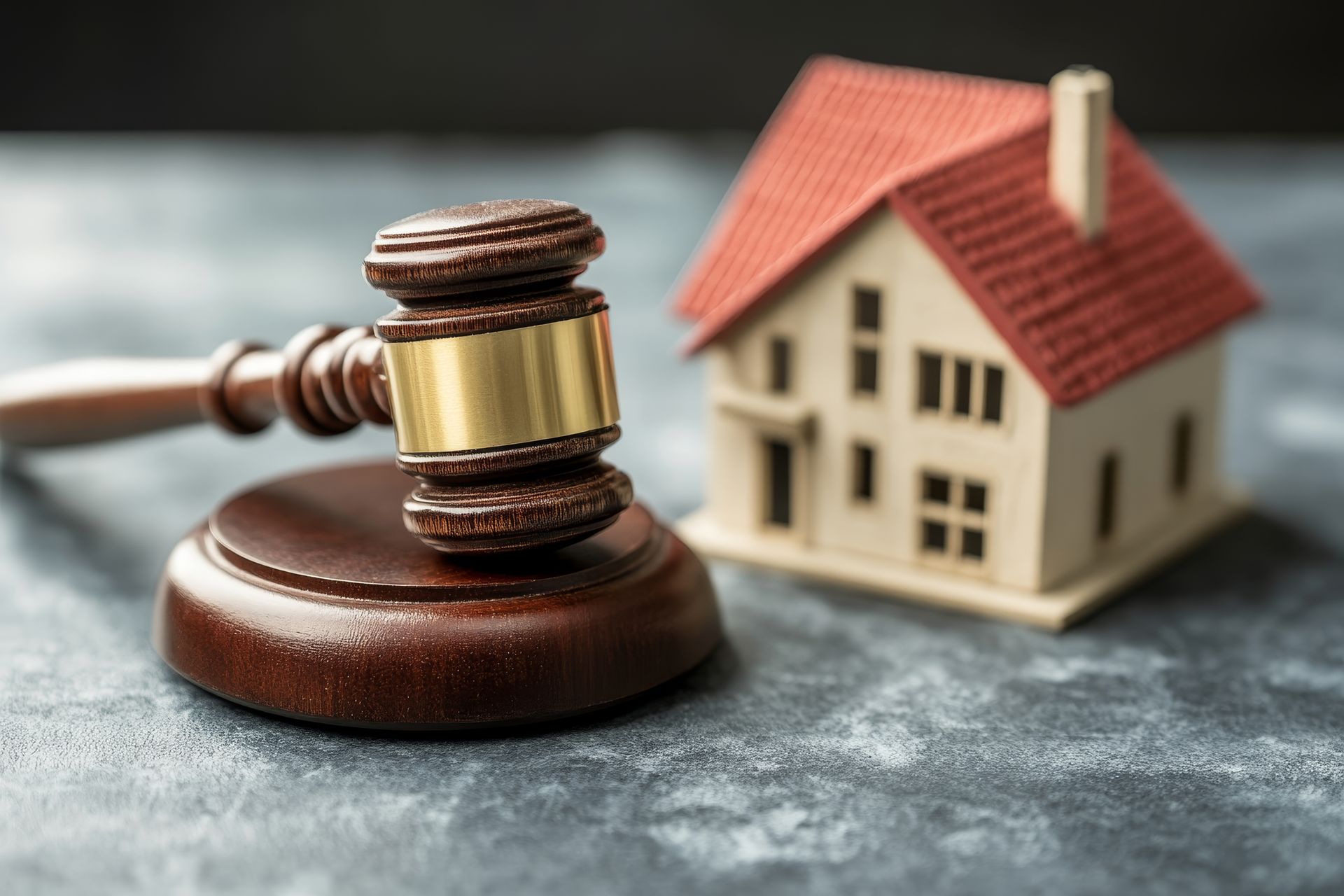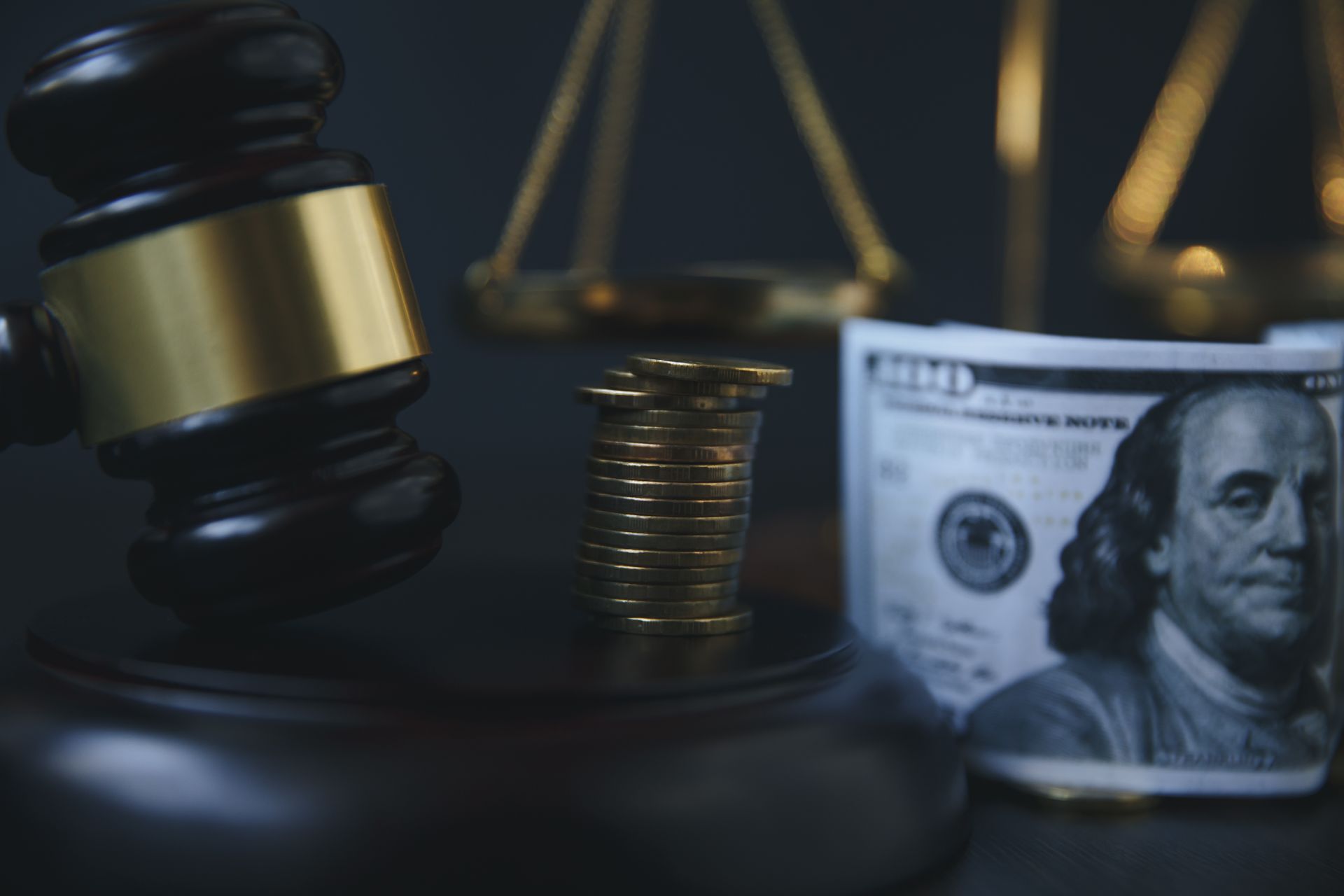What Happens to Your Home if You File for Chapter 7 Bankruptcy in Florida?
What Happens to Your Home if You File for Chapter 7 Bankruptcy in Florida?
Filing for Chapter 7 bankruptcy in Florida can be a major step toward financial relief, but many homeowners are concerned about whether they will lose their house in the process. The answer depends on factors such as your mortgage status, equity in the property, and Florida’s bankruptcy exemptions.
Florida has one of the most generous homestead exemptions in the country. Under this exemption, if your home is your primary residence, you may protect its entire value from creditors—regardless of how much equity you have—provided you meet certain requirements. To qualify, you generally must have owned the property for at least 1,215 days (about 3 years and 4 months) before filing, and the property must be no larger than half an acre in a municipality or 160 acres elsewhere.
However, even if your equity is fully protected, your mortgage lender still has rights. If you are behind on payments, Chapter 7 will not remove the lender’s lien. While bankruptcy can temporarily delay foreclosure, it will not erase your obligation to pay your mortgage if you wish to keep the home. Staying current on payments is critical.
If your equity is not fully covered by the homestead exemption, the bankruptcy trustee could sell the property to pay creditors. In such cases, working with an attorney to explore alternatives—such as Chapter 13 bankruptcy—may help you keep your home.
At Law Offices of Michael H. Johnson, P.A., we can guide Fort Lauderdale residents through the bankruptcy process and explain how Florida’s exemptions may apply to their situation. Understanding your rights before you file can help you make informed decisions about your home and financial future.






